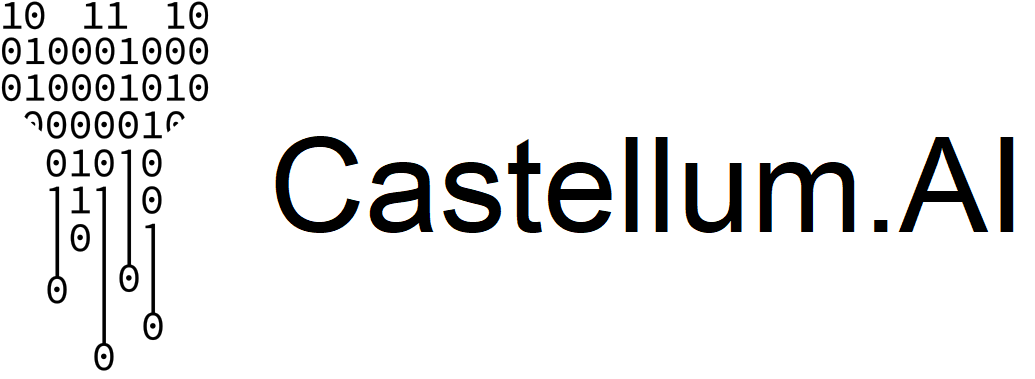The Mohammad Bias: Watchlisting of Muslim Names
As of February 2023, the world’s most referenced sanctions authorities listed about 18,500 different individuals. Across this global data set, one name appears more than any other: Mohammad. This is despite the deluge of Russia-focused sanctions that began in March of 2022 after Russia’s invasion of Ukraine.
The name Mohammad and its variations, such as Mohammed and Muhammad, comprise 4% of all individual names listed by Canadian, Swiss, European Union, United Nations, United Kingdom and U.S. sanctions authorities. The name Ali also accounts for over 1.3% of sanctioned individuals’ names. However, while the Muslim name Mohammad is the most sanctioned name, the majority of sanctioned names are of Slavic origin. The abundance of Slavic sanctioned names is directly related to the significant increase in sanctions designations targeting Russia over its invasion of Ukraine.
Alexander or Mohammad?
A List by List Analysis
When names data is analyzed within lists, the most sanctioned names are mostly Mohammed and Alexander. EU, Switzerland, and the UK all have relatively similar numbers of designations targeting the name Mohammed or Alexander, while the top sanctioned names in Canada are Slavic in origin.
The name Mohammad appears most frequently on the US OFAC SDN list. Individuals named Mohammed represent 4% of sanctioned individuals on the OFAC SDN list, and the name Mohammad is listed a total of 255 times. Alexander, the second most popular name on the US sanctions list, is listed only 104 times. Mohammad is least likely to appear on the Canada SEMA list, as it comprises less than 2% of the total sanctioned names.
Canada’s top names are both Slavic because Canada has two primary, and different legal, avenues to impose sanctions. One is Canada’s Special Economic Measures Act (SEMA) and the other is the Canada United Nations Act. SEMA is a domestic authority that has been used to impose sanctions on Russia and the United Nations Act automatically applies all UN sanctions in Canada, but does not come with a separate list.
Mohammad accounts for 9% of sanctioned individuals on the UN sanctions list. Furthermore, the Muslim name Abdul is the second most sanctioned name by the UN, and also accounts for 5% of UN sanctioned individuals.
Want to see the data behind the analysis?
The UN’s Sanctioning of Muslim Names
The United Nations currently has 14 sanctions regimes, 10 of which pertain to Muslim-majority countries. Furthermore, 51% of the individuals sanctioned by the UN have Muslim names, while the names Mohammad, Abdul, and Ali are the most common names on the UN sanctions list. The abundance of Muslim names on the UN sanctions list is likely a result of the targeted UN sanctions regimes, as over 71% of the sanctions regimes apply to Muslim-majority countries.
The UN does not sanction Slavic names as often as other sanctions bodies such as the Canada SEMA list or the UK HMT OFSI. While Slavic names like Alexander and Vladimir appear frequently throughout the Canadian, Swiss, UK, EU, and US sanctions list, these two common Slavic names are entirely absent from the UN sanctions list.
The relative absence of Slavic names from UN sanctions relates to the UN Security Council’s role within the sanction regime establishment process. All permanent members of the UNSC must unanimously approve new sanctions. Given Russia’s position as a permanent member of the UNSC, there is no prospect for new sanctions against Russia that would result in the designation of common Slavic names frequently present on autonomous sanctions lists.
In the absence of UNSC consensus on new sanctions regimes addressing other global security issues, the focus of the UN sanctions regimes remain upon Muslim names and Muslim-majority countries.
Methodology
This analysis is based on all sanctions designations actions announced by Canada SEMA, Switzerland SECO, the EU, UK HMT OFSI, the UN, and US OFAC SDN as of February 22, 2023. These sources were chosen because they are the most referenced by Castellum.AI users. Names which are considered Muslim or Slavic were identified using public name databases. All names referenced, such as Mohammad and Alexander, include Latin alphabet spelling variations and different transliterations of the same name. For example, data based upon the name Mohammad includes data on common variations like names Mohammed, Muhammad, and Mohamed.
Castellum.AI obtains global sanctions information from primary sources, and then proceeds to standardize, clean and enrich the data, extracting key information like IDs and addresses from unstructured data. This analysis is based on the enriched primary source data that populates our database. The database consists of over 1,000 watchlists, covering over 200 countries and eight different categories (sanctions, export control, law enforcement most wanted, contract debarment, politically exposed persons, regulatory enforcement, delisted, and elevated risk). Castellum.AI checks for watchlist updates every five minutes directly from issuing authorities.
